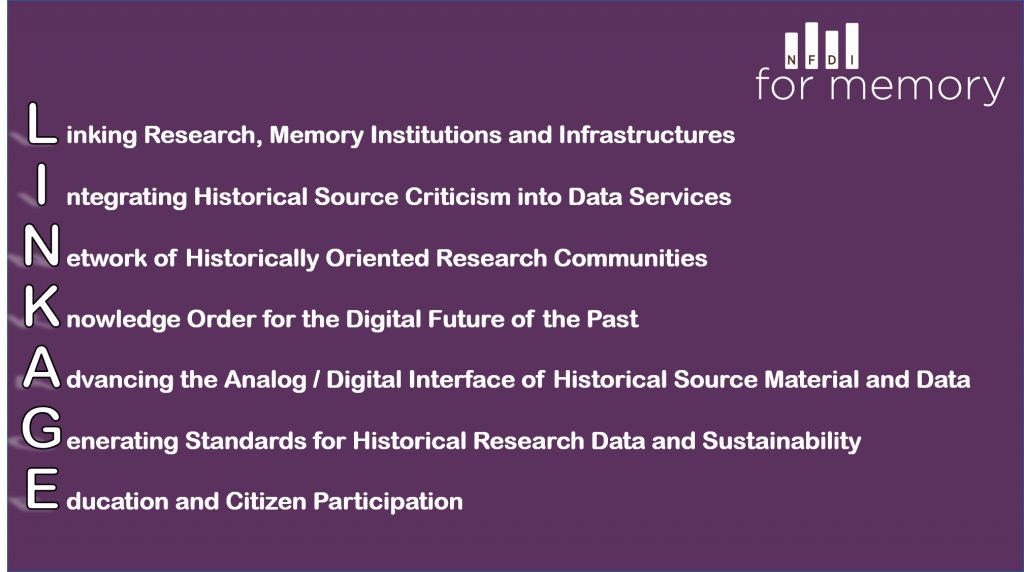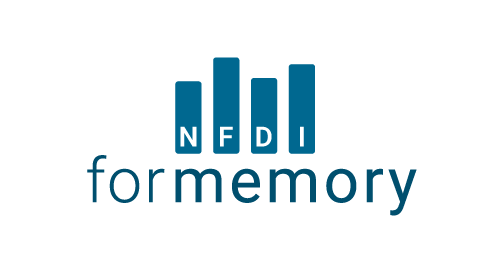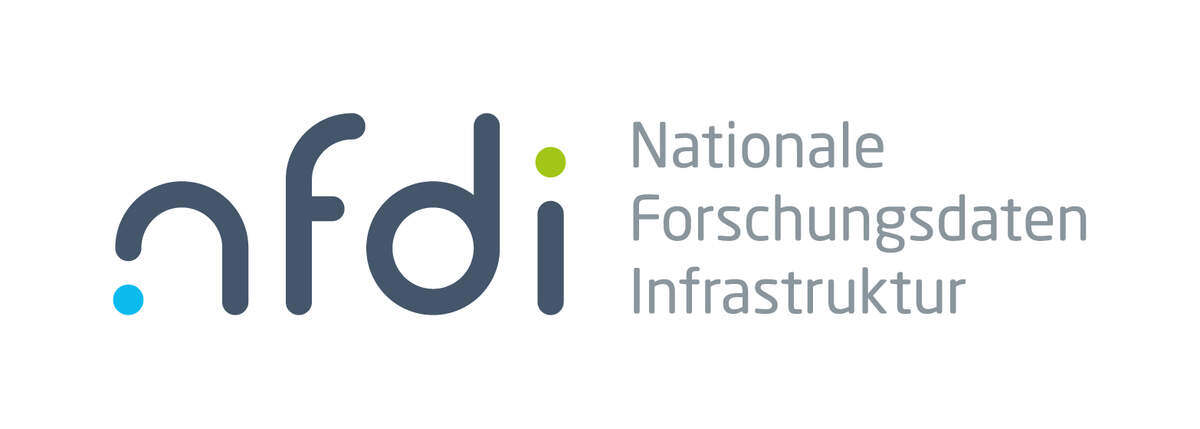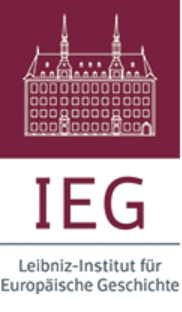Trier University’s history department in close cooperation with the Service Center eSciences will contribute to the following specific goals and objectives of the 4Memory consortium: It will support the development of new data models and technical interfaces connecting and contextualizing digital data with other relevant data, especially analog sources, by addressing challenges connected to the analog/digital interface of historical source material and data (à goal 5). It will contribute to education and citizen participation by improving data literacy and integrating historical source criticism into data management as well as by encouraging a new data culture through its involvement in citizen scholarship, political education, teacher training, and the cooperation with memorial centers focusing on the history of National Socialism (à goal 4 and7).
 It strengthens the network of historically oriented research communities by its activities in professional organizations, including Citizen Scholars’ organizations, such as the Genealogenverband and local history initiatives and associations. It supports the expansion of digital access to research data by collaborating with memory and infrastructure institutions, such as KZ Gedenkstätten Hinzert and Osthofen, Research Library Gotha, State Archives Speyer, US Holocaust Museum Washington, D.C. (à goal 1). By coordinating and steering Task Area 4 “Data Literacy”, Trier University’s history department contributes to developing data selection, data criticism and research data management into an integral part of historical propaedeutics and the historical method (à goal 2).
It strengthens the network of historically oriented research communities by its activities in professional organizations, including Citizen Scholars’ organizations, such as the Genealogenverband and local history initiatives and associations. It supports the expansion of digital access to research data by collaborating with memory and infrastructure institutions, such as KZ Gedenkstätten Hinzert and Osthofen, Research Library Gotha, State Archives Speyer, US Holocaust Museum Washington, D.C. (à goal 1). By coordinating and steering Task Area 4 “Data Literacy”, Trier University’s history department contributes to developing data selection, data criticism and research data management into an integral part of historical propaedeutics and the historical method (à goal 2).






